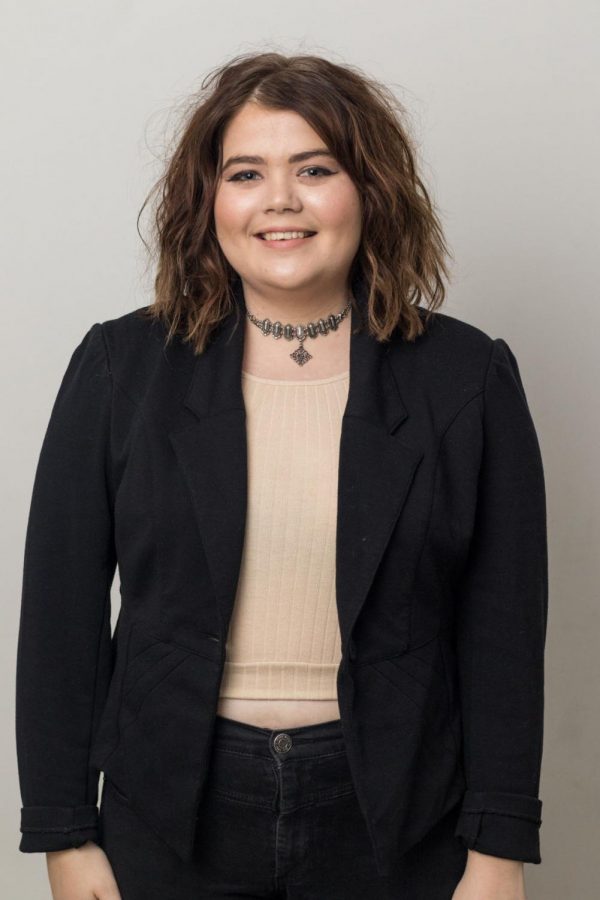The shame around periods must come to an end
October 16, 2017
There is nothing quite like the pain of a period: cramps, hormones, cravings and, most notably, the sizable dent in your wallet from buying hygiene products.
However, the stigma surrounding menstrual cycles is just as painful as those cramps. An Oct. 9 survey by Plan International U.K.—a global charity mainly for young girls—revealed that out of 1,000 girls interviewed ages 14–21, almost half were embarrassed about getting their periods.
Most people with periods can relate on this front—avoiding eye contact, stuttering niceties with a cashier and hiding the evidence from male friends or family members. These kinds of situations have become an unfortunate staple in the coming-of-age tales of many across the world, as the survey shows.
There are about 5,000 slang terms for periods worldwide, including “lady time,” “red tide,” “a visit from Aunt Flow” and “time of the month.” Periods are often used to perpetuate the stereotype that women are being rude because of them, which increases the stigma. Who wouldn’t be embarrassed about something commonly used as the butt of a joke?
Embarrassment about periods has also become a dilemma one is expected to get used to with age. Yes, maturity comes with age, but being embarrassed by a natural function isn’t something anyone should have to get used to, no matter their age because they shouldn’t be embarrassed in the first place.
Anyone with a uterus will likely have a period—which occurs monthly when sheddings from the uterine lining passes through the cervix and out of the vagina in the form of blood. Periods are also a sign regarding pregnancy, so a signifier of life being so adamantly shunned is harrowing.
Society has to stop being so intent on shaming women—especially young women who are already oppressed—into silence about their periods. Buying or talking about period products shouldn’t fill anyone with anxiety or dread. It especially shouldn’t be something a parent and child, or student and school nurse, should avoid talking about openly.
Unfortunately, this isn’t always the case. The study also found that beyond being embarrassed by their period, one in seven girls had no idea what was happening to them when they first got their period.
Imagine not being able to comprehend why you’re bleeding and in pain at such a young age. This scary situation can be avoided by changing the negative conversation and educating all genders and ages on how important and normal periods are. Most schools gender segregate lessons regarding periods, which could lead to girls thinking they need to hide their period from the get-go.
Parents and teachers should take heed of the many activists around the world fighting to change how society views periods to educate their kids and students. In 2016, Rupi Kaur made headlines when she posted a picture on Instagram showing her lying on a bed with her back to the camera, blood visible on the white sheets and on her sweatpants where she had free bled—that is, chosen not to use menstrual products. Instagram took the picture down twice before apologizing.
This isn’t to say that parents and teachers should encourage young people to take photos of themselves free bleeding—although if that’s how they want to make a statement, they should be allowed—but rather as a metaphor of being as open as possible about what it means to have a period. Periods are painful but also beautiful and as natural as breathing.








